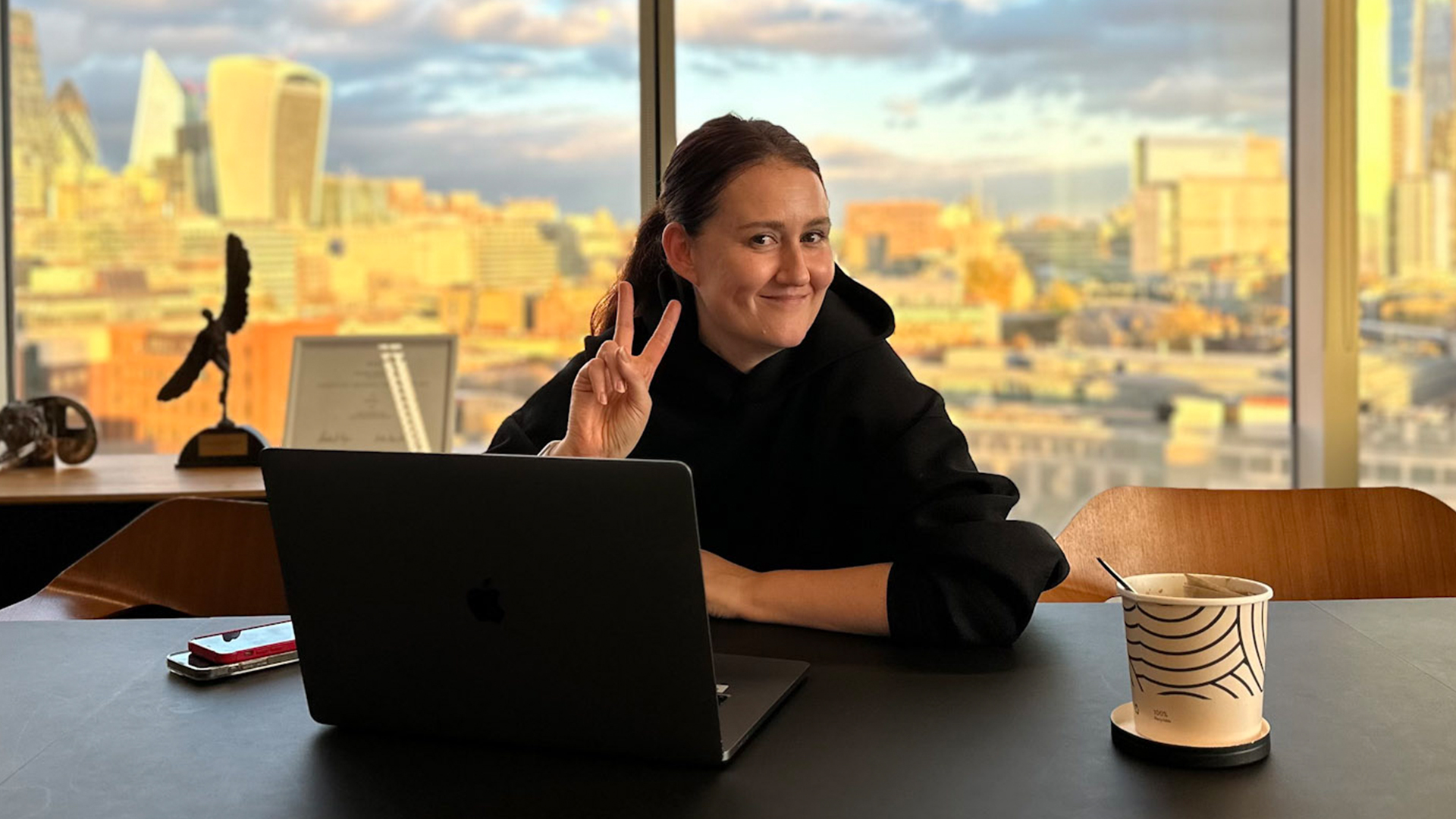
Emma Barratt is global executive creative director at Wolff Olins, a brand consultancy agency with a passion for pushing creative boundaries by uniting brand, culture and experience. As an award-winning creative Emma has judged at various design award shows. Her work is motivated by the role creativity plays in our lives, exploring how it can be a force for positivity to "create brands that people don’t just want, but need."
Proudly neurodivergent, Emma's strengths lie in discovering innovative solutions and technologies to solve problems, while fostering an inclusive creative space to help people from underprivileged backgrounds break into the industry. As part of our Day in the Life series, I caught up with Emma to discuss her experiences judging for D&AD, inclusivity in the industry and the importance of "evolving without losing your essence."
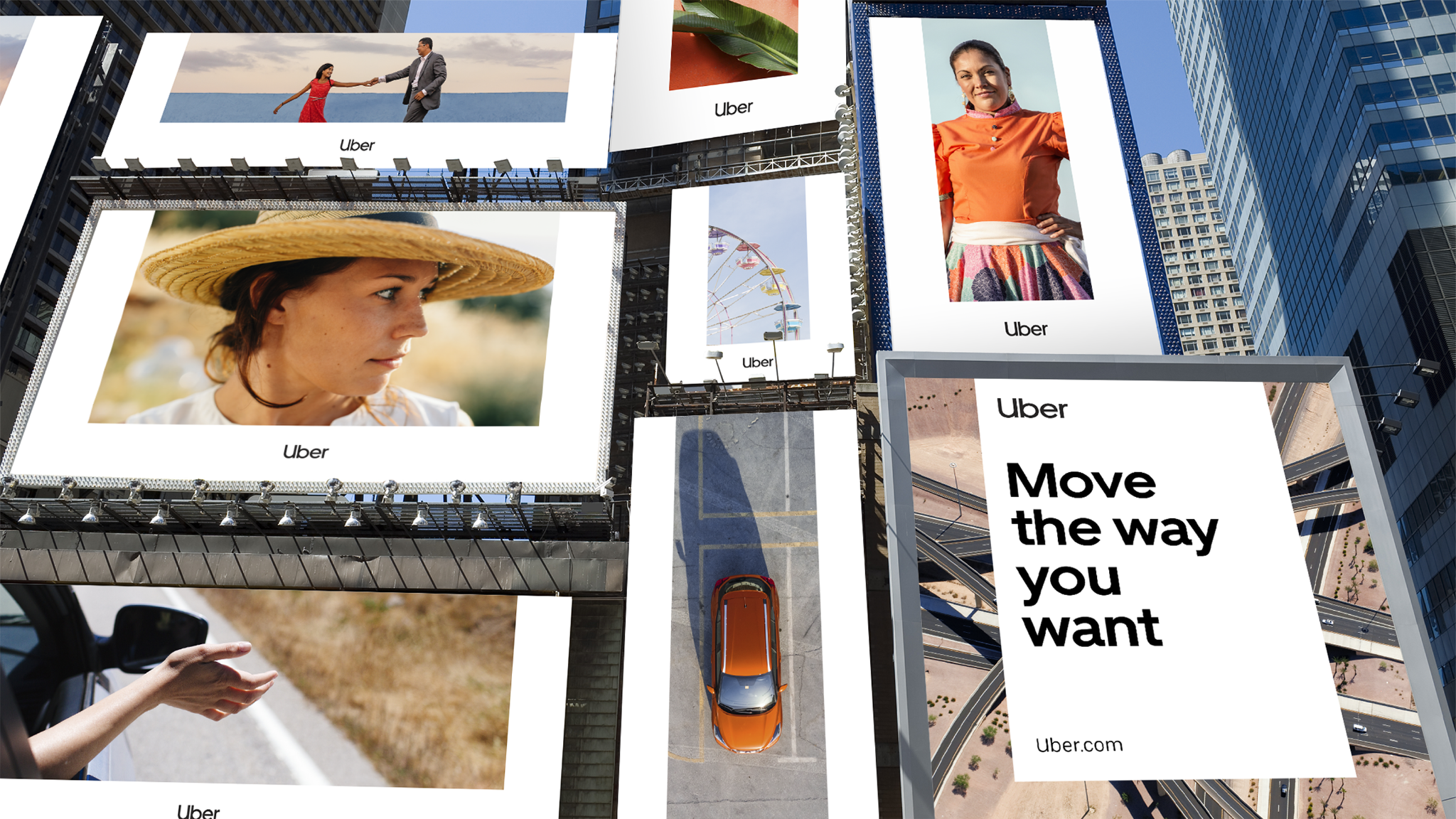
Could you walk me through a typical day in your role?
My day typically starts around 7, as I get my 6-year-old daughter ready for school. Once work starts there’s no such thing as a ‘typical’ day because my clients are spread across the globe – one morning I might be discussing design concepts with South Korea at 8 in the morning, the next checking in with my teams, or collaborating with a games company in Europe.
I block out my first hour to catch up on emails and map out my priorities. After that, it’s often a blur of meetings: juggling client work, team check-ins, mentoring, and marketing. My days are packed, and I often end up working 12-hour stretches. But the busyness and variety suit me – my dyslexic mind thrives on switching between projects every 20 to 30 minutes. I bore easily, so I love that every day brings something new.
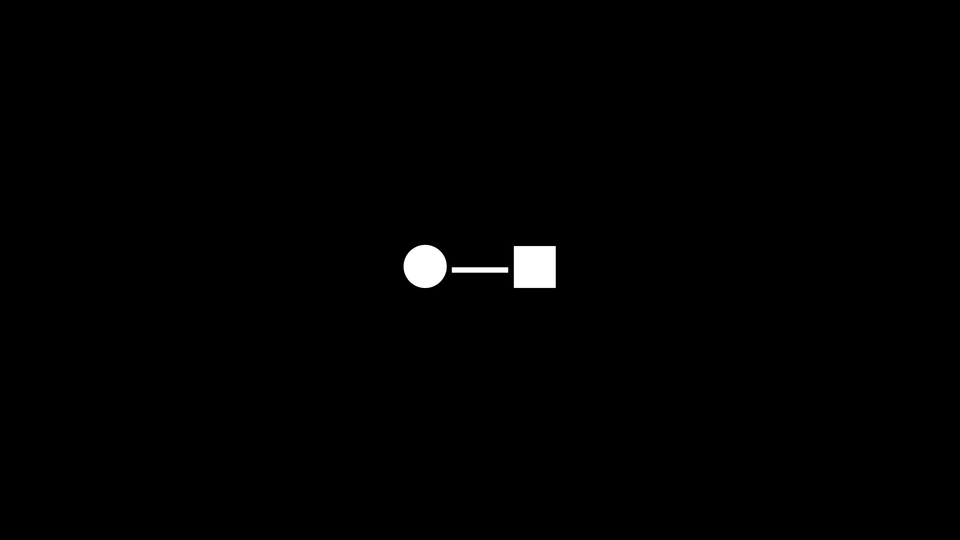
What was your early career like?
My early career was diverse. I never set out to become a brand designer – I sort of fell into it after a short stint at Pentagram. Feeling restless, I tried a bit of everything: gaming, toy design, animation, and advertising. In the mid-2000s, the industry was a different world: big egos, blatant sexism, intimidation, and a lot of late-night drinking sessions were commonplace. It was tough, but it also helped me build resilience and pick up a range of skills by moving around different agencies.
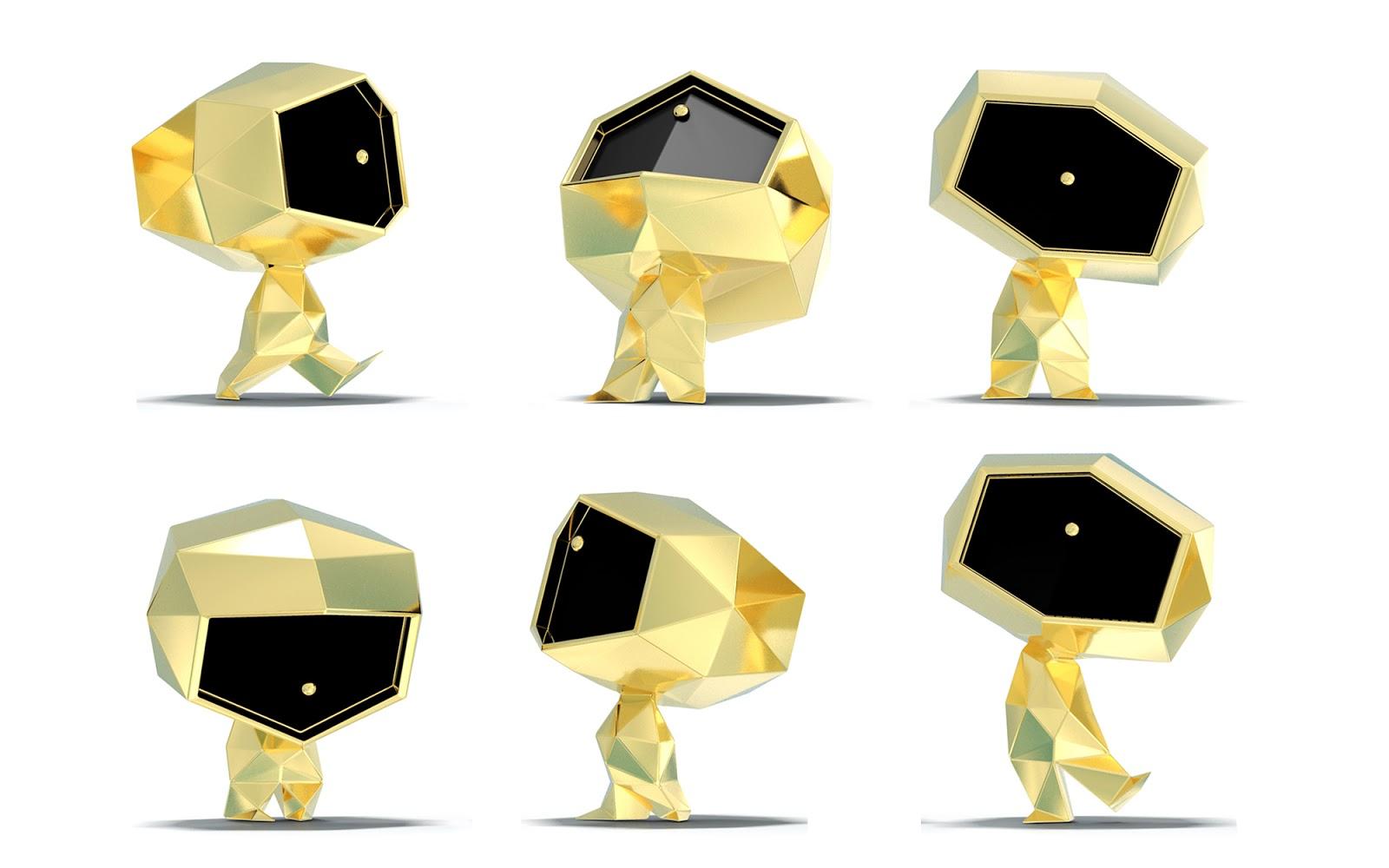
Tell me about a tricky work-related challenge and how you approached it
One situation that stands out was when a client refused to back work we truly believed in, they preferred a route which we felt deep down wasn’t the right direction. Rather than simply pushing back, I spent time with the CEO to understand their concerns and build trust – explaining our rationale, sharing insights, and showing why our approach would benefit them in the long run.
It’s not just about having a strong creative vision; it’s also about relationship-building and communication. In the end, they trusted our recommendation. That’s design leadership in a nutshell: balancing creativity with genuine client partnerships.
Which project are you most proud of and why?
I’m proudest of a new mindset I’ve introduced to Wolff Olins, it's encouraged a shift in how we – and our clients – view design: not just as pictures or surface-level visuals, but as a mindset that runs through everything a brand creates. By embedding design at the heart of strategic decisions, we’ve transformed the way brands articulate their purpose and connect with audiences.
Seeing this ethos embraced by our teams and clients is what I’m most proud of, and it means I get to quote Bruce Lee every time I introduce it to new people! “Absorb what is useful, discard what is not, add what is uniquely your own.”
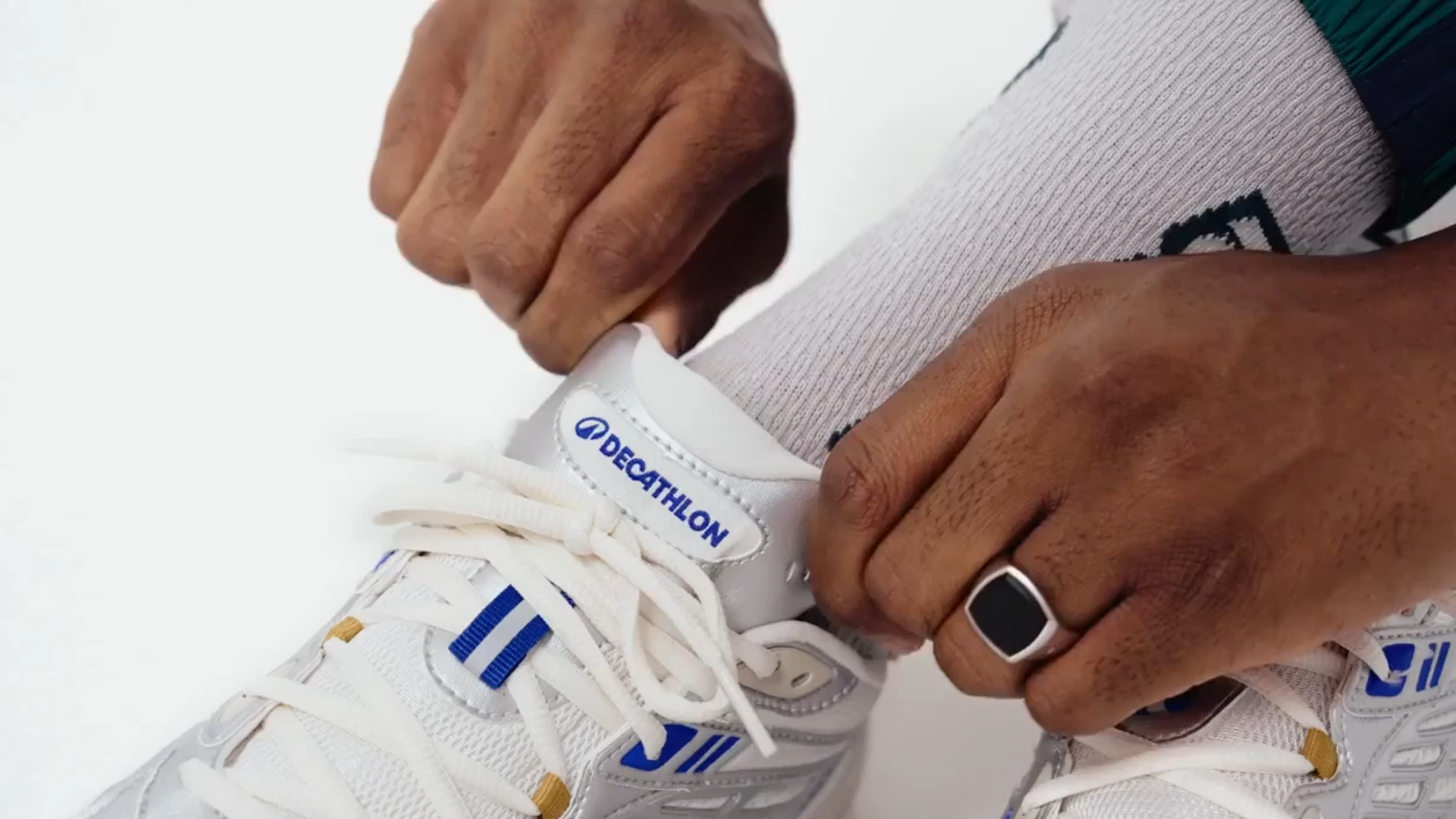
Tell me about your experience judging for D&AD
Any time I’m asked to judge an award, it’s a privilege – but D&AD is especially meaningful. A D&AD Pencil is something every designer aspires to have. It’s an honour to peek behind the scenes of some of the world’s most innovative projects.
I love the debates that happen between the judges, you get so many different perspectives from across our industry. It’s also a fantastic opportunity to meet new and old faces and connect with other creatives who share the same passion for pushing boundaries. It’s something I truly look forward to.
In what ways has neurodivergence influenced your career?
Neurodivergence has shaped who I am, how I work and create – but I also see how badly understood it still is. Many agencies want good PR for their inclusivity stance, but their actions do the opposite: back-to-work policies, poorly designed open-plan offices and rigid hours favour neurotypical talent with no outside of work commitments, it's backwards. It’s taken me a very long time to be comfortable with my dyslexia, but now I genuinely see it as an advantage.
My tendency to lose focus and daydream actually fuels my creativity. I encourage any neurodivergent reading this to lean in and own it, it’s part of you. Make it your superpower.
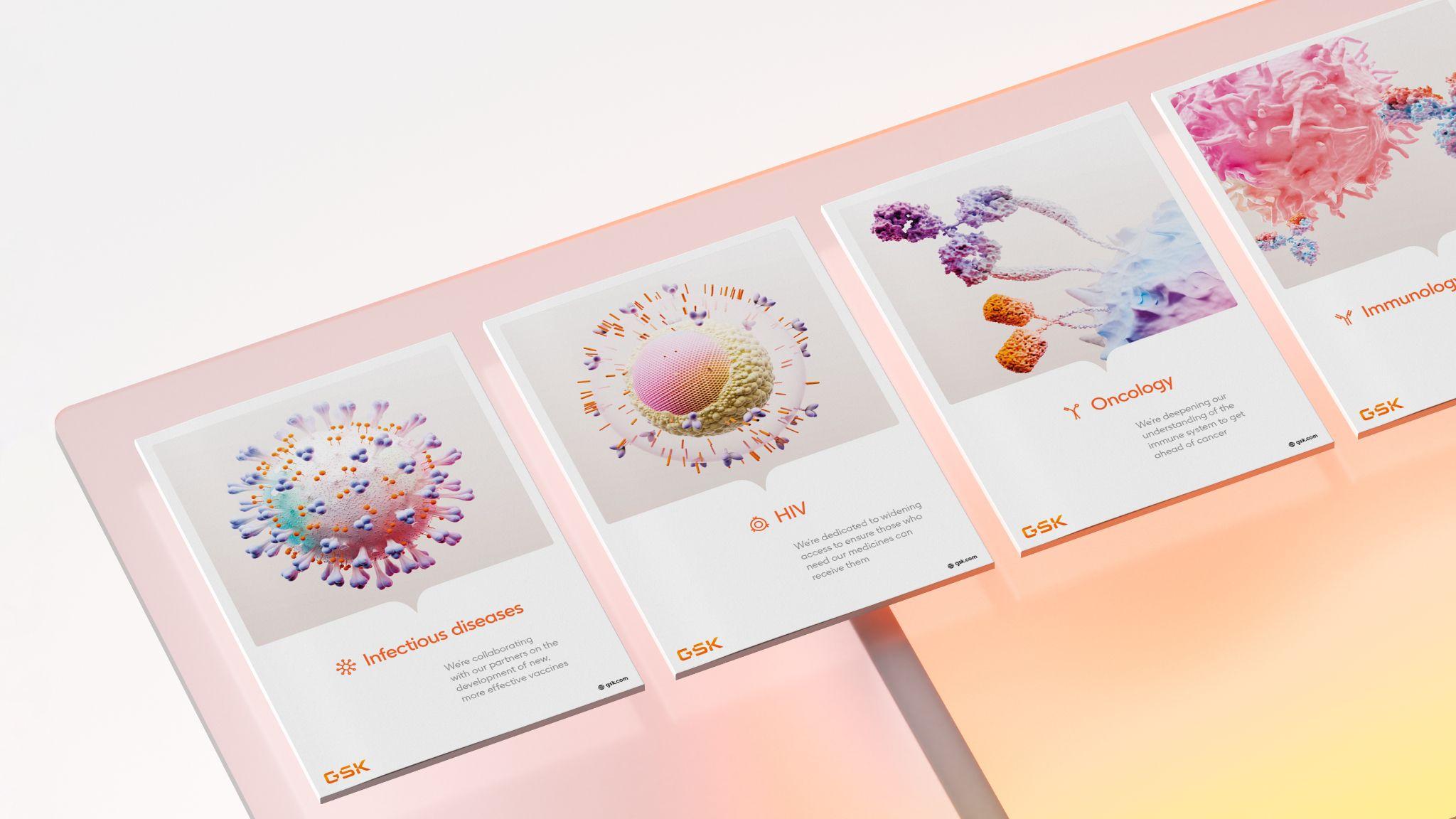
How inclusive is the design industry in 2025?
Let’s be honest, it’s still shit but it also depends on which aspect of diversity you focus on and at what level you’re looking. Director roles remain dominated by straight white men, while strategists are often from privately educated backgrounds. For working parents or individuals with disabilities, inflexible back-to-work policies are a big barrier.
And let’s be real, agencies based in expensive cities like London make it even harder for people from different socioeconomic backgrounds to break in, unless they have a rich relative. We need to do a lot more than just talk about diversity to change things, and that action starts at the top.
Could you tell me a little about your mentoring experience?
I take mentoring seriously, as it’s something I didn’t really have early in my career. I try to offer my time to anyone who reaches out, but I’m selective about who I choose to support. My focus is on helping individuals who are less privileged break into the industry.
I’m passionate about reaching out to schools in deprived areas and supporting females as they transition into leadership positions. I want to give back to those who might not always have the same access or opportunities, and help navigate a career in design. It’s a powerful way to foster greater inclusivity in our industry.
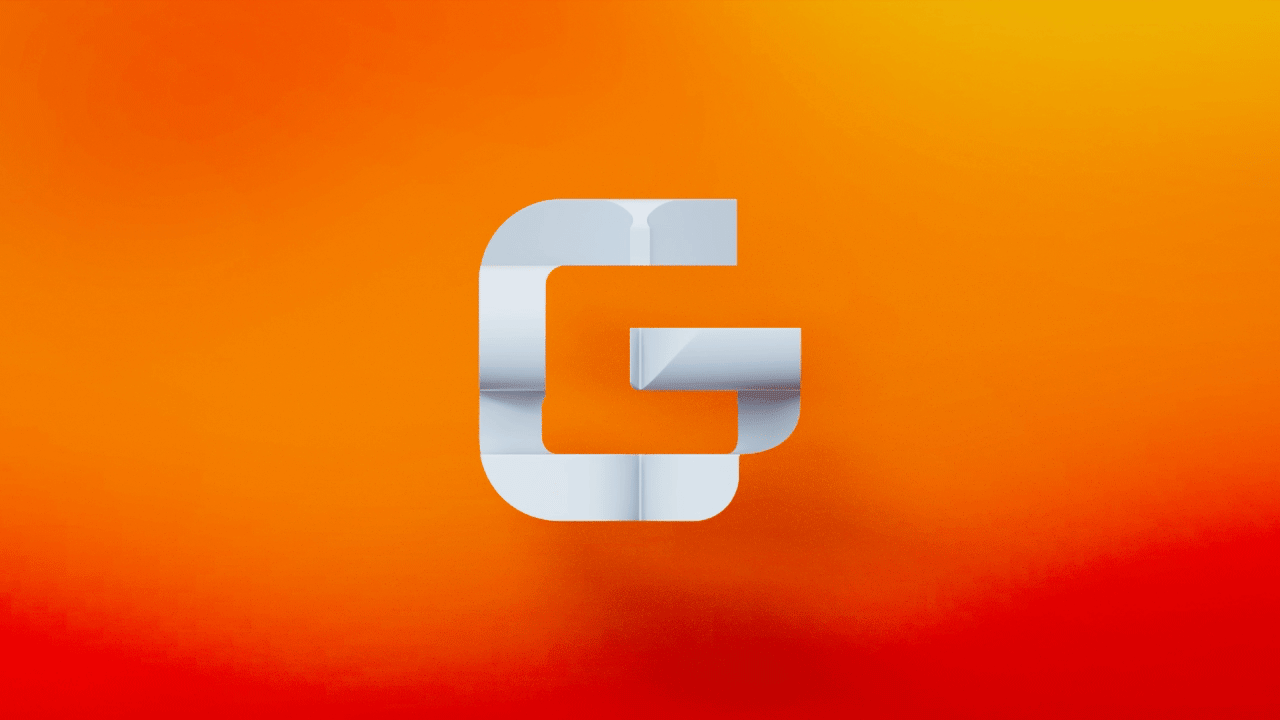
What do you think the industry needs to improve?
I think the industry still has too many privileged and self-important men in positions of power, which stifles new perspectives and real change. On top of that, when parent companies buy up creative agencies, they often push a corporate, Wall Street mindset that just doesn’t mesh with how true creativity flourishes. It’s partly why there is an unfortunate homogeneity in the work – agencies are trying to impress each other rather than genuinely innovating, and because everyone’s looking at the same references, it's felt in the end result.
The truth is, creativity doesn’t come from sitting at a desk or following some manufactured ‘studio culture’; it comes from unique individuals, their experiences, worldviews, and the random leaps they make. The freedom to explore, experiment, and take risks needs nurturing if we want to make truly impactful work.
What are your favourite tools?
My favourite tools are my imagination and the personal experiences that shape it. I also love anything whimsical – Studio Ghibli films, illustrations, comics – basically anything that challenges our usual perception of reality. This is what sparks my creativity. It’s all about embracing wonder and injecting a bit of fun into my thinking.
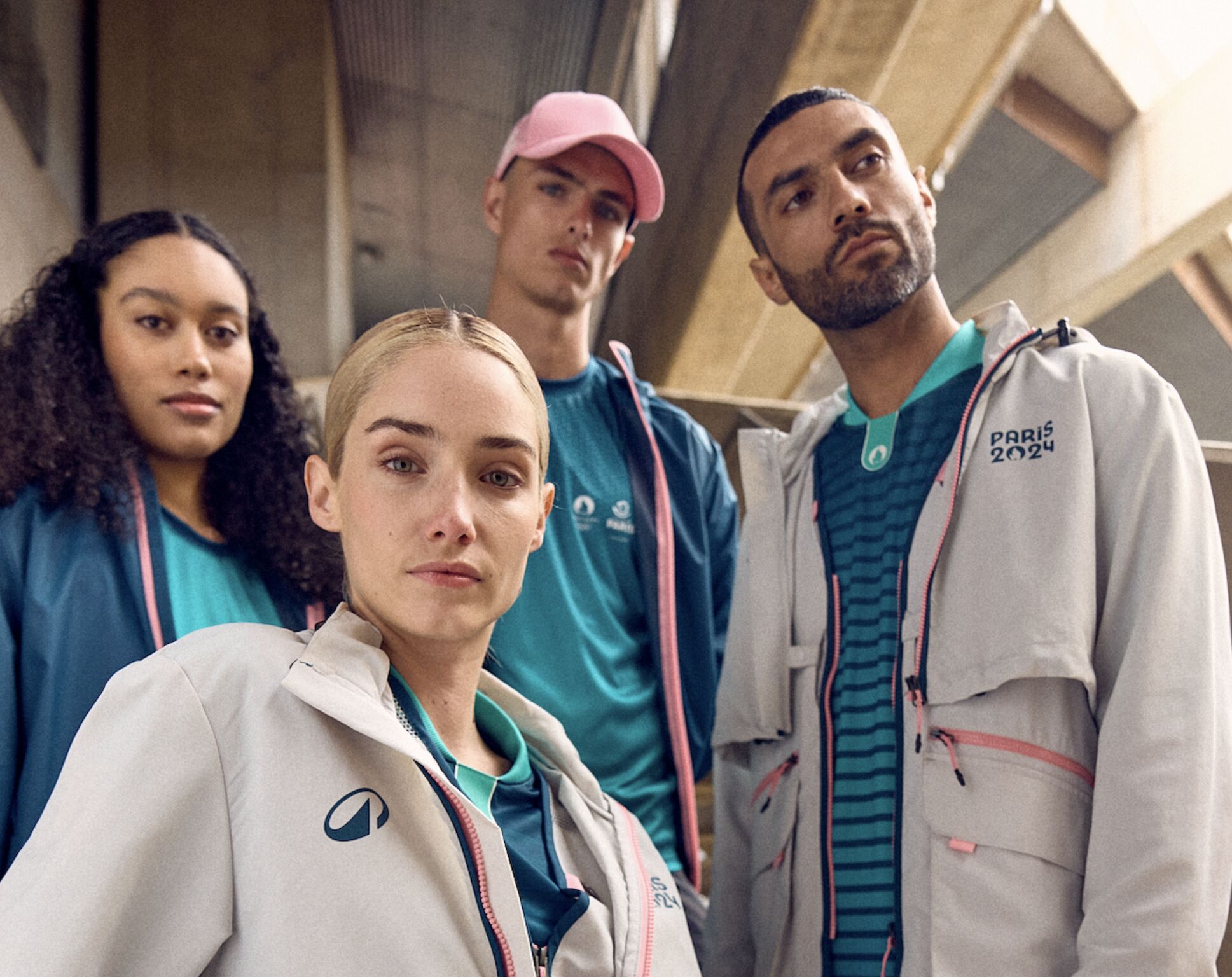
What’s your dream project/client?
I’d love to work with a truly authentic health brand like ZOE, or any company genuinely focused on educating people about nutrition and health. There’s so much misinformation out there, and I’m passionate about cutting through the noise to create work that has a real social impact on public health.
I’m currently studying for an MSc in Clinical Nutrition, which further fuels my dedication to this cause. On the flip side, I’d also love to collaborate with Nintendo – it’s such an iconic brand that consistently blends creativity and innovation in a way that sparks joy and imagination.
What career advice would you give your younger self?
Don’t try to fit in. Be proud of being different. As Bruce Lee said, ‘Be like water’: stay adaptable, flow around obstacles, and keep evolving without losing your essence.







